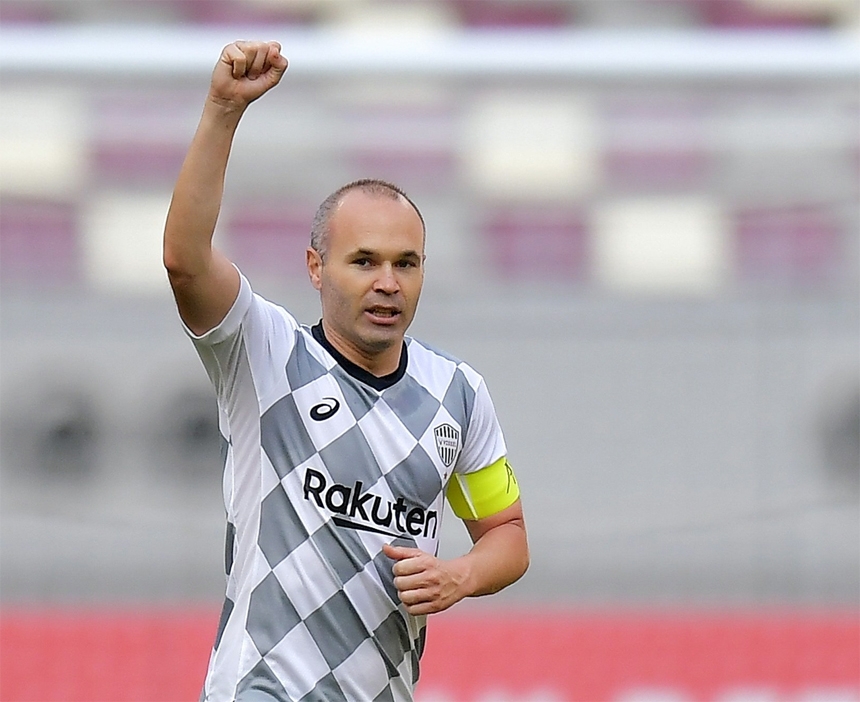
BBC Online :
There is still a romance to the way Andres Iniesta enjoys a career that, if it were a video game, would have been completed several times over.
The 37-year-old has a trophy haul which reflects his status as one of the great midfielders of his generation – a World Cup and two European Championships with Spain, four Champions Leagues and countless other silverware with Barcelona.
But for the past three years the midfielder has called Japan his home, adding an Emperor’s Cup and Japanese Super Cup with Vissel Kobe. He recently committed to a new deal that will keep him playing until he is almost 40.
Ask Iniesta how he continues to see the seemingly impossible pass, or wriggle out of the tightest situations, and he will take you back three decades and almost 7,000 miles to the instincts honed on the makeshift pitches of his hometown of Fuentealbilla.
“I consider myself an intuitive player who reads the game a few steps ahead,” Iniesta tells BBC Sport. “In the position I play those are maybe my strengths and I try to exploit them as much as possible.
“There are things happening, things I am processing in my head. It’s hard to describe them. They happen in an automatic way – I could have been learning them since I was young or through repetition. “In football, if you start thinking you can go too slow.”
Iniesta calls it an “essence”. He scored the winner in the 2010 World Cup final and has produced mesmerising moments on the biggest stage, but the foundations are “stuff I used to do when I was 10 years old”.
“Those essences come out in training or matches and I am just led by them,” he explains. “When I was a kid I was basically playing in the streets of my hometown or in the school playing yard, and that environment helps you evolve.
“The connection to that environment and who you are and what type of person you are brings you to being a certain type of player.
“Nowadays kids are maybe practising football in more well-prepared fields. In those environments they need to try to adapt and gain some skills. Each environment helps you get better.”
Iniesta scored the winner in the 2010 World Cup final and dedicated his goal to former team-mate Daniel Jarque, who died earlier that season. Iniesta has previously spoken about how he battled depression before the World Cup following Jarque’s death and the injuries he himself suffered that season.
The gifted kid from the outskirts of Albacete grew up following Michael Laudrup and Pep Guardiola, and was given the chance to hone his raw talent in their shadows when he was exposed to Barcelona’s revered La Masia youth academy at the age of 12, even if he did “cry buckets” on arrival.

